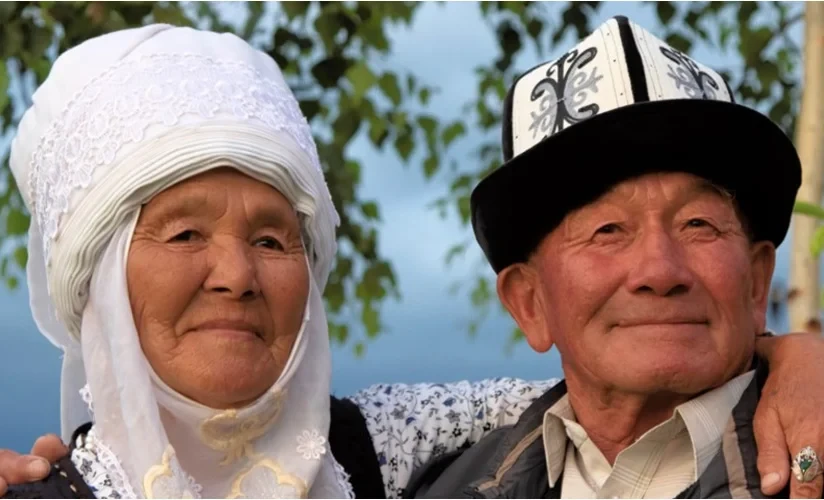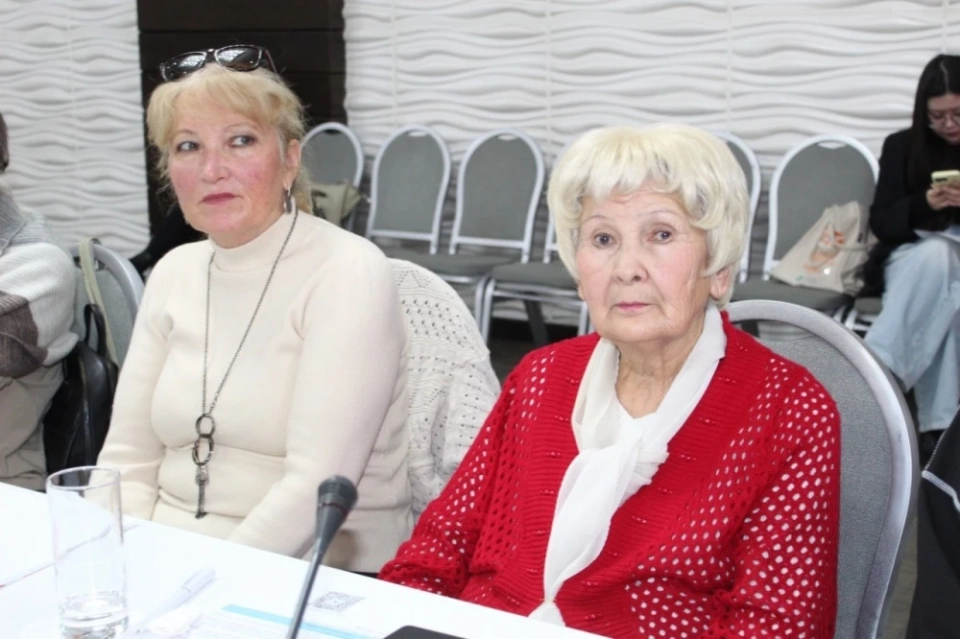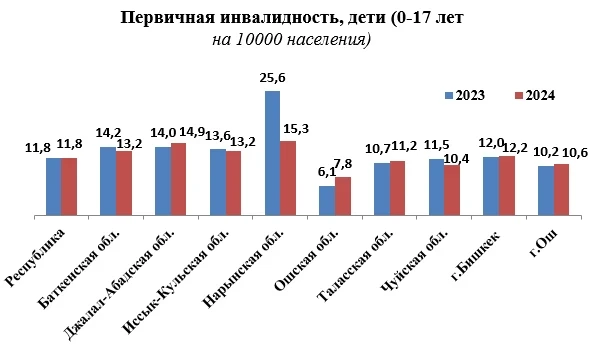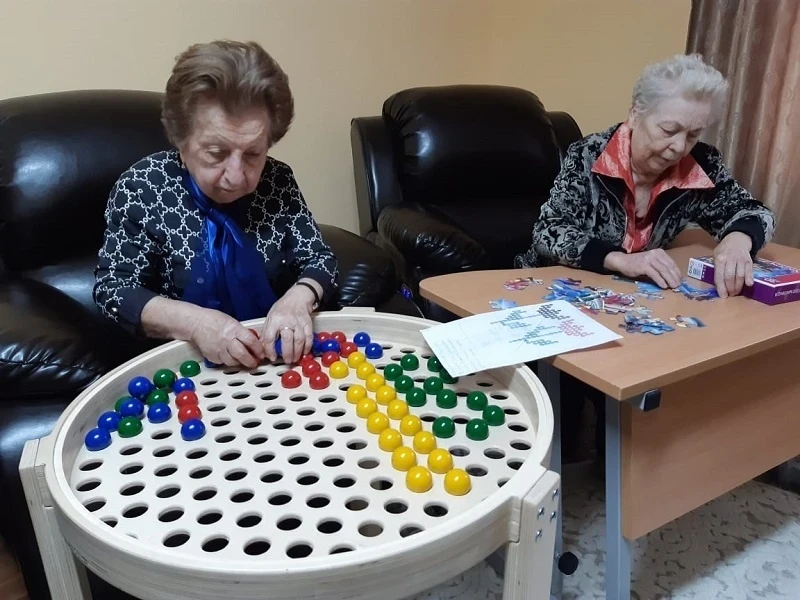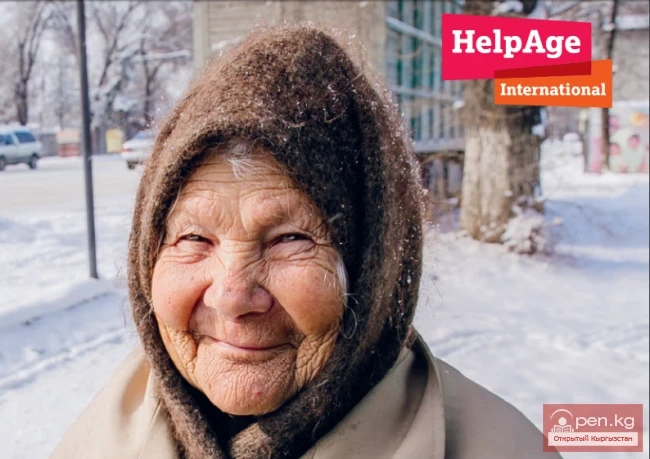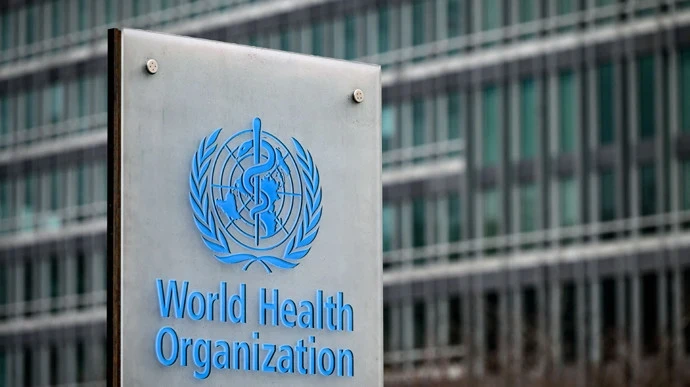Comparison with Other Countries
According to the 2022 census data, for the first time, the share of citizens over 60 years old has exceeded 10%. If such rates continue, by 2030, every seventh citizen will belong to this age group.Although Kyrgyzstan can still be considered relatively young compared to other countries, the aging process here is happening much faster. Compared to 1999, by 2022, the number of people over 60 years old has increased by 150%. Forecasts predict that by 2050, the number of citizens over 65 years old will triple.
Insufficient Readiness of Medicine
According to statistics, 82% of people over 60 suffer from at least one chronic disease. Each year, there is an increase in the number of patients with dementia, cardiovascular diseases, diabetes, and other ailments that require constant monitoring and expensive treatment.However, the healthcare system in Kyrgyzstan is primarily focused on acute treatment rather than long-term care for chronic patients. Moreover, the country lacks a developed infrastructure capable of meeting the needs of the elderly.
The Problem of Age Discrimination
Age discrimination remains a serious issue for Kyrgyzstan. Research shows the following:- 45% of elderly people face employment denial due to their age;
- 38% report biased attitudes from medical staff;
- 32% do not have the opportunity to continue education or improve their qualifications.
Necessary Measures
Experts recommend changing the government's approach to aging, viewing this process as an opportunity for investment in socio-economic development rather than a burden.Among the proposals:
- Financial Support. Increasing pensions to the level of the minimum subsistence and providing targeted supplements.
- Accessible Social Services. Creating day centers, mobile teams, and home care services.
- Healthcare System. Integrating geriatrics into primary healthcare, developing rehabilitation programs, and training medical personnel.
- Combating Ageism. Conducting educational activities and legislative protection of the rights of the elderly.
- reduce the poverty level among the elderly by 15%;
- increase healthy life expectancy by three years;
- provide geriatric care to at least 50% of those in need;
- create over 5,000 jobs in the care sector;
- develop a culture of respect for the elderly;
- shift from reactive measures to proactive approaches.
